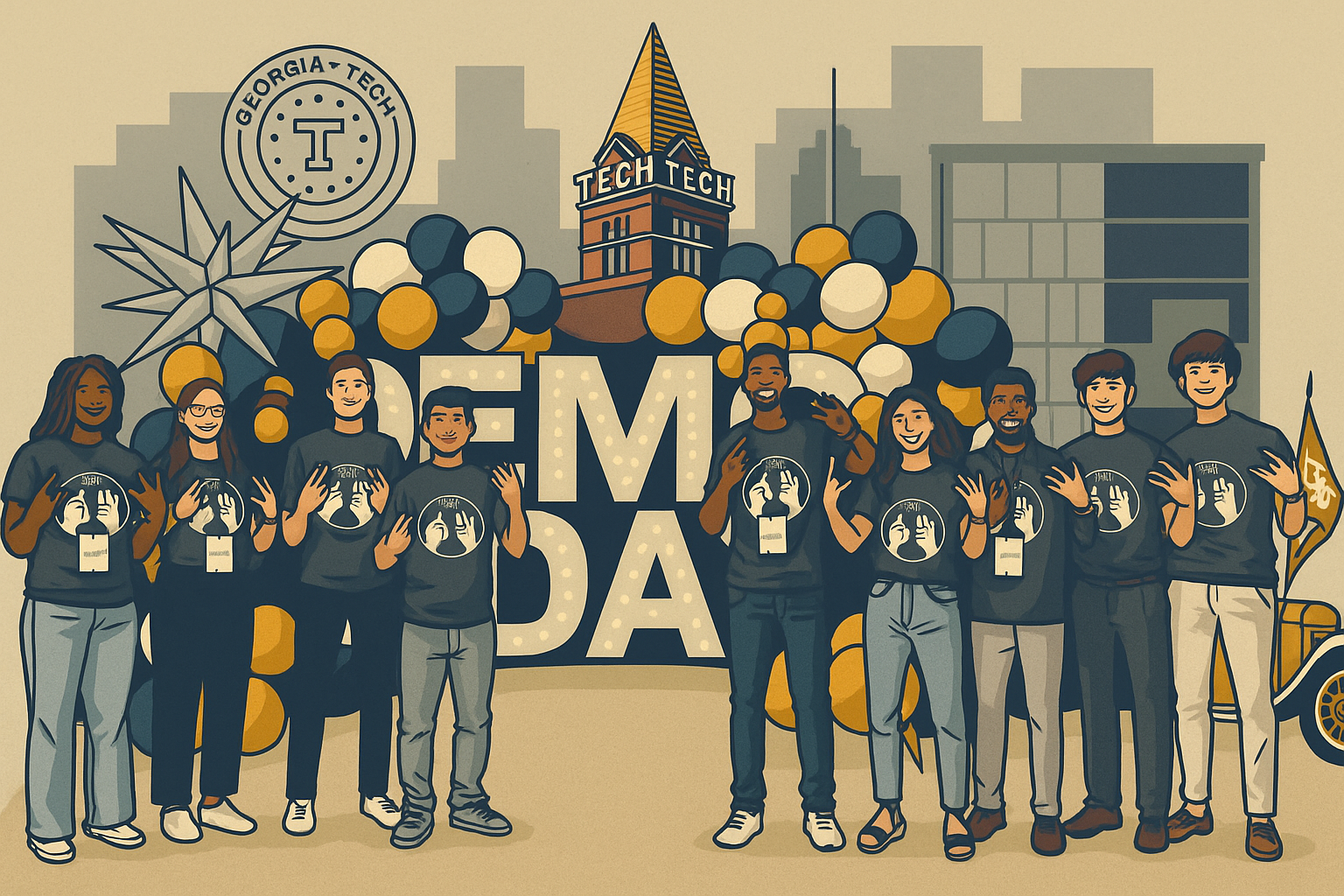Fractional CTO Guides Rental Marketplace from Prototype to Launch-Ready MVP
Non-technical founder gained clear, manageable path from vibe-coded prototype to production-ready MVP.

Project Overview
A non-technical founder envisioned creating an online rental marketplace for everyday items - ranging from outdoor equipment to tools to party decorations - targeting users in densely populated urban areas who prefer renting over ownership. Using AI-assisted development tools, the founder had independently built an initial prototype but faced critical uncertainty about code reliability, backend systems, scaling considerations, and the path from prototype to production.
With plans to launch in the Miami market within 6-12 months and limited funding through bootstrapping, the founder completed a technical assessment questionnaire and engaged a Fractional CTO for strategic consultation. The goal was to establish a manageable, cost-efficient path forward that a non-technical founder could execute independently.
Before
Prior to the one-hour consultation, the founder completed a comprehensive technical assessment questionnaire that revealed the five most critical issues:
- Locally hosted prototype built using AI-assisted coding tools (Claude via Cursor) without formal engineering expertise
- No live product or public web presence; no established waitlist or user validation mechanisms
- Critical uncertainty about the reliability and maintainability of the AI-generated codebase
- No structured approach to feature prioritization, with concerns about scope creep (e.g., advanced AI chat features)
- Unclear problem statement containing excessive marketing jargon rather than concrete value propositions
Project Execution
In a strategic consultation session, Keiboarder's Fractional CTO reviewed the pre-submitted technical assessment and provided strategic guidance designed specifically for a non-technical founder to execute independently. The consultation focused on establishing a manageable, cost-efficient path forward:
- Start with Market Validation, Not Product Development: Before building anything further, establish a simple marketing website using MailerLite ($20/month) to capture waitlist sign-ups and prove market demand. Use the waitlist for customer discovery conversations and potentially facilitate rentals manually before the platform launches. As Keiboarder emphasized: "If you can't start generating some level of interest, then you may not want to pursue finishing out your platform."
- Abandon AI-Generated Code for Proven No-Code Tools: Keiboarder advised immediately pivoting from the AI-coded prototype to Softr (paired with Airtable)—a proven no-code platform requiring zero engineering knowledge. This eliminates maintenance concerns, security risks, and architecture problems while providing both web and mobile apps, built-in Stripe payments, and using Airtable as both database and admin console. The approach is "not sexy but functional" and can sustain the business until revenue justifies custom development.
- Ruthless MVP Scope Prioritization: Focus exclusively on core marketplace functionality—listings, search, signup, and payments. Defer all non-essential features like AI chat. Keiboarder cautioned: "You're overcomplicating a process that's not really that complicated." Every extra feature adds complexity a non-technical founder must maintain.
- Simple Beta Testing Framework: Implement four straightforward tools that take "only a couple hours" to set up: Marker IO for bug reports, Hotjar (free) for user behavior, Plausible ($100/year) for analytics, and Canny (free) for feature requests. Add Crisp CRM for customer support chat.
- Bootstrap-Friendly Infrastructure: Use cost-effective, founder-friendly tools: Cloudflare or Namecheap for domains (not expensive alternatives), Namelix for business naming and logo ($175-190 one-time), simple local LLC registration (15 minutes), and MailerLite templates for the marketing site (no custom coding).
- Competitive Mindset Over Secrecy: Address the founder's fear of competitors by reframing: "If you're making enough noise, there will be people who notice who try to emulate you—that's inevitable. Your job is to do it better." Focus on "consistent, stable, and a really good sticky user experience" rather than speed to market.
- Actionable Follow-Up Resources: Keiboarder provided detailed meeting notes, tool recommendations, and free resources.
Results
Through the strategic consultation with follow-up documentation, the non-technical founder received:
- Immediate Course Correction: Clear direction to abandon the AI-coded prototype and adopt manageable no-code tools requiring zero engineering expertise
- Actionable Roadmap: Step-by-step path from validation to launch that the founder could execute independently within weeks
- Manageable Technology Stack: Complete toolset requiring only hours to implement (not months): Softr, Airtable, MailerLite, Marker IO, Hotjar, Plausible, Canny, and Crisp
- Cost-Efficient Strategy: Bootstrap-friendly approach using affordable SaaS tools ($20-100/month) instead of expensive engineering resources or premature equity giveaways
- Market Validation Framework: Waitlist strategy to prove demand before investing heavily in product development
- Realistic Expectations: Honest assessment of funding landscape and timeline, preventing wasted effort pursuing premature investment
- Competitive Confidence: Mental framework shift from hiding the idea to focusing on quality execution
- Complete Reference Materials: Detailed notes, tool recommendations, problem statement guide, requirements resources, and ongoing newsletter support
Business Outcomes
- The Value of Strategic Guidance: A focused consultation with a Fractional CTO—preceded by a thoughtful technical assessment review—delivered transformational clarity worth months of trial-and-error. The founder avoided costly mistakes and gained confidence to move forward independently.
- Avoided Months of Technical Debt: By immediately pivoting from AI-generated code to proven no-code tools, the founder avoided accumulating unmaintainable technical debt that would eventually require expensive remediation or complete rebuilds.
- Preserved Capital Through Smart Bootstrapping: The no-code approach using affordable SaaS tools ($20-100/month vs. thousands for engineers) enabled the founder to preserve limited capital and avoid premature equity giveaways while building toward launch.
- Compressed Timeline to Market: The strategic guidance on MVP scope reduction and no-code implementation positioned the founder to reach beta testing within weeks rather than months of custom development.
- Established Validation-First Approach: The waitlist strategy provides a mechanism to validate market demand and conduct customer discovery before investing heavily in product development, reducing risk of building something users don't want.
- Empowered Non-Technical Execution: Most importantly, the founder left the consultation with confidence and concrete tools to execute independently without needing to hire engineers or technical co-founders prematurely.
Key Takeaways for Technology Leaders
This case study provides valuable insights for technology leaders:
- Strategic Hour > Months of Wandering: A single hour with an experienced Fractional CTO, preceded by a structured technical assessment, can provide more value than months of trial-and-error. For non-technical founders, this early intervention prevents costly mistakes and establishes confidence.
- No-Code Empowers Non-Technical Founders: Established no-code platforms like Softr and Airtable provide secure, maintainable, feature-rich foundations for MVPs that non-technical founders can manage independently—often superior to AI-generated code that becomes unmaintainable.
- Technical Assessments Enable Efficient Consultations: Having founders complete structured assessments before consultations allows CTOs to review context in advance and maximize the value delivered during limited consultation time.
- Validation Before Building Saves Resources: Establishing web presence and capturing interested users through waitlists provides critical market validation before investing significant resources in product development. If you can't generate interest, you may not want to finish the platform.
- Scope Discipline is Critical for Solo Founders: Non-technical founders must be ruthlessly disciplined about MVP scope. Every additional feature increases complexity, development time, and maintenance burden. "Don't overcomplicate a process that's not really that complicated."
- Bootstrap Smart, Not Cheap: For non-technical founders, paying for proven SaaS tools preserves equity while providing professional capabilities that would be expensive and time-consuming to build. Equity is "funny money until it's not."
- Quality Execution > Speed to Market: Competition is inevitable, but "your job is to do it better." Focus on building "consistent, stable, and a really good sticky user experience" rather than rushing to market with buggy products.
- Manageable Tools Reduce Friction: For non-technical founders, tools that take "only a couple hours" to implement (Marker IO, Hotjar, Plausible, Canny) are far more valuable than complex solutions requiring engineering expertise.






